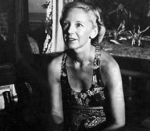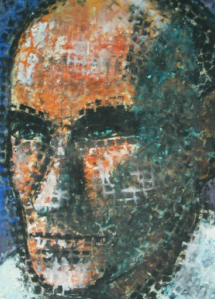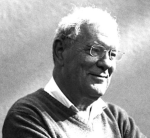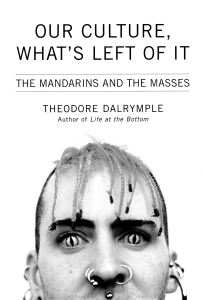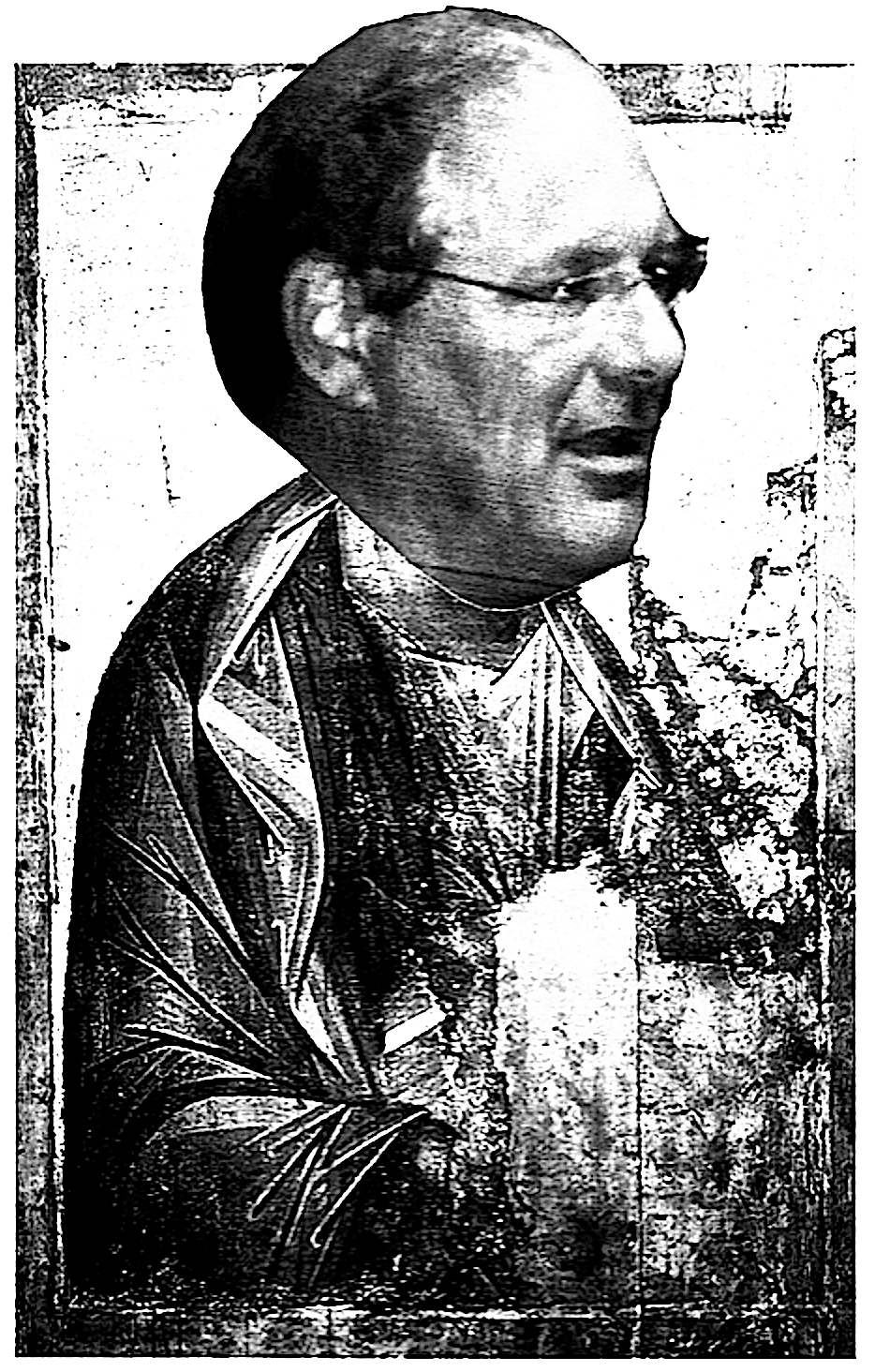- is not highly addictive.
- Withdrawal from it is not medically serious.
- Addicts do not become criminals to feed their habit.
- Addicts do not need any medical assistance to stop taking heroin.
He notes that heroin addiction is
a moral or spiritual problem.
 A literary tradition dating back to De Quincey and Coleridge,
A literary tradition dating back to De Quincey and Coleridge,
and continuing up to the deeply sociopathic William Burroughs and beyond, has misled all Western societies for generations about the nature of heroin addiction. These writers’ self-dramatising and dishonest accounts of their addiction have been accepted uncritically, and have been more influential by far in forming public attitudes than the whole of pharmacological science.
As a result,
a self-serving, self-perpetuating and useless medical bureaucracy has been set up to deal with the problem.




